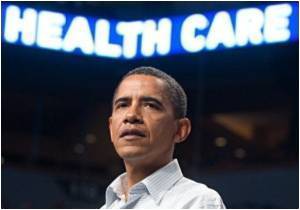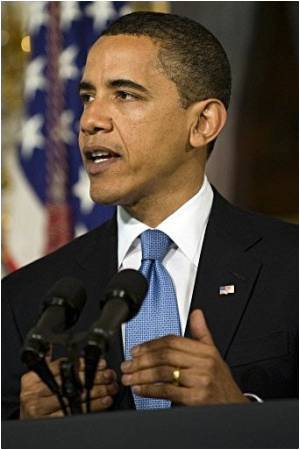Likely voters rank healthcare as the second most important issue in deciding their 2012 presidential vote, finds analysis.

Media can read the article on the NEJM Media Center at approximately 12:30 p.m. ET today.
Likely voters who said "health care and Medicare" will be the most important issue in deciding their presidential vote were much more supportive of the Affordable Care Act (ACA) than the public in general is. Despite two and a half years of contentious debate, the public has not changed its view: Americans' assessment of the ACA remains mixed. Although several elements of the law are popular, since the law's passage the majority of Americans (in an average of polls) has not approved of the ACA. Americans have been relatively evenly divided in their opinions. An average of current polls shows that 44% approve of the ACA, and 45% disapprove (Chart 1). However, among likely voters who said "health care/Medicare was the most important issue in their voting choice, 41% said they were much less likely to vote for a candidate who supported repealing all or part of the ACA; 14% said they were much more likely to vote for such a candidate (Chart 2).
Email Marge Dwyer, to view the charts.
The analysis also looked at the issue of changing Medicare in the future to a system in which the government provides seniors with a fixed sum of money they could use to purchase either private health insurance or Medicare coverage. An average of current polls of the general public shows that 27% favor such a proposed change, while a majority (66%) are opposed. Among likely voters who said "health care/Medicare" was the most important issue in their voting choice, 39% said they were much less likely to vote for a candidate who supported such a change in Medicare; 11% said they were much more likely to vote for such a candidate.
These results suggest that "health care/Medicare voters" are siding with Obama vs. Romney on the ACA and Medicare issues in the election.
Advertisement
It should be noted that many likely voters who are opposed to the ACA or favor major changes in Medicare may not rank "health care and Medicare" as the top issue in their voting choice. They may see "the economy and jobs" or "the federal deficit and taxes" as most important.
Advertisement
"Despite the historic nature of the health care legislation that was enacted during President Obama's first term, the public remains quite mixed in their views about his performance on health care," said Blendon.
Source-Eurekalert











